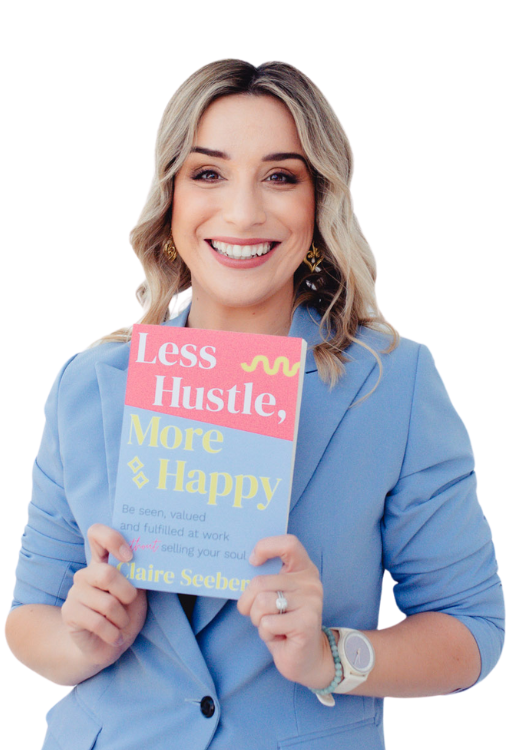Ever had one of those days where you swear you walked into a room for a reason, but for the life of you, you can’t remember what it was? Or maybe you’ve been feeling more exhausted than usual, snapping at colleagues, and wondering why your usual strategies for managing stress just aren’t working anymore?
Welcome to perimenopause. If you’re a mid-career woman trying to juggle work, family, and everything in between - this one’s for you.
Before we start, what is perimenopause, because we’re hearing ALOT about it, but do we really know what it is?
Perimenopause is the transitional phase before menopause, typically starting in a woman's late 30s to early 50s, though it can begin earlier or later. During this time, hormone levels fluctuate (specifically a decrease in progesterone which Dr Kirstey Holland describes as “the Goddess" of our hormones), leading to a range of symptoms that can affect everything from energy levels and mood to cognitive function and physical health. This phase can last anywhere from a few years to over a decade before menopause officially begins.
Why Aren’t We Talking About This?
Despite the fact that half the workforce will go through perimenopause, it remains one of the least discussed phases of a woman’s life. Dr Holland says to think of it as a second puberty - a time when hormones fluctuate wildly, emotions can feel out of control, and your body starts behaving in ways you don’t recognise. Symptoms like anxiety, itchy ears and skin, sudden bursts of anger, low energy, and unpredictable emotions can make work and life feel ten times harder.
The problem? Dr Holland has found that perimenopause often gets lumped in with menopause itself, when in reality, they are different experiences, and this phase can last up to a decade before menopause even begins. Because of this, many women are caught off guard, struggling with symptoms they don’t understand and without the support they need.
But perimenopause doesn’t mean it's all over before it began!
Here are some Practical Ways to Take Back Control
- Track your symptoms – Understanding your cycle can help you anticipate challenges, and even manage certain projects or obligations around your energy where you can.
- Fuel your body wisely – Nutrition plays a huge role in managing symptoms. Educate yourself on how, and what you can do to increase your intake of the right things.
- Prioritise self-care – I’m sure you’ve heard it before, but Dr Holland really emphasises the research around just how important getting 8-9 hours of sleep per night, movement, and mindfulness are on how we better manage perimenopause.
- Get a blood test – Dr Holland recommends asking your GP for a full blood, thyroid and hormone test to give you a baseline of where you at, and how to best support yourself. Then find the right person who can analyse those results, and support you with tailored strategies, supplements etc. Hint: it might not be your GP.
Gaining Support at Work
If you’re feeling unsupported at work, you’re not alone. Many women hesitate to bring up perimenopause with their employers, fearing stigma, judgment, or feeling like it’s just going to be an awkward conversation! But change starts with us. Education and awareness for yourself first, and then education and awareness for others is a perfect starting point.
Pro tip: Data helps with being able to make the right changes for you at work. For example, once you have a deeper understanding of your current situation (eg is it actually perimenopsause, or just overwhelm), you’re in a better position to consider what your ideal working week might look like, and then speak to your manager about the small changes you are keen to make to enable you to do your best work around your hormones, energy levels, core projects and deliverables etc.
Contrary to much of the messaging out there, Perimenopause doesn’t have to derail your career. With the right strategies and support and getting on the front foot, you can thrive through this transition.
Want more insights and next steps? Listen to the full episode HERE!
PS If you’re in need of some support with your career and leadership in this season of life (hello, Millennial women!), then reach out. I work with individuals globally to help them create meaningful, high impact careers on their terms, that both feel good AND get results for their organisations! Reach out HERE.






